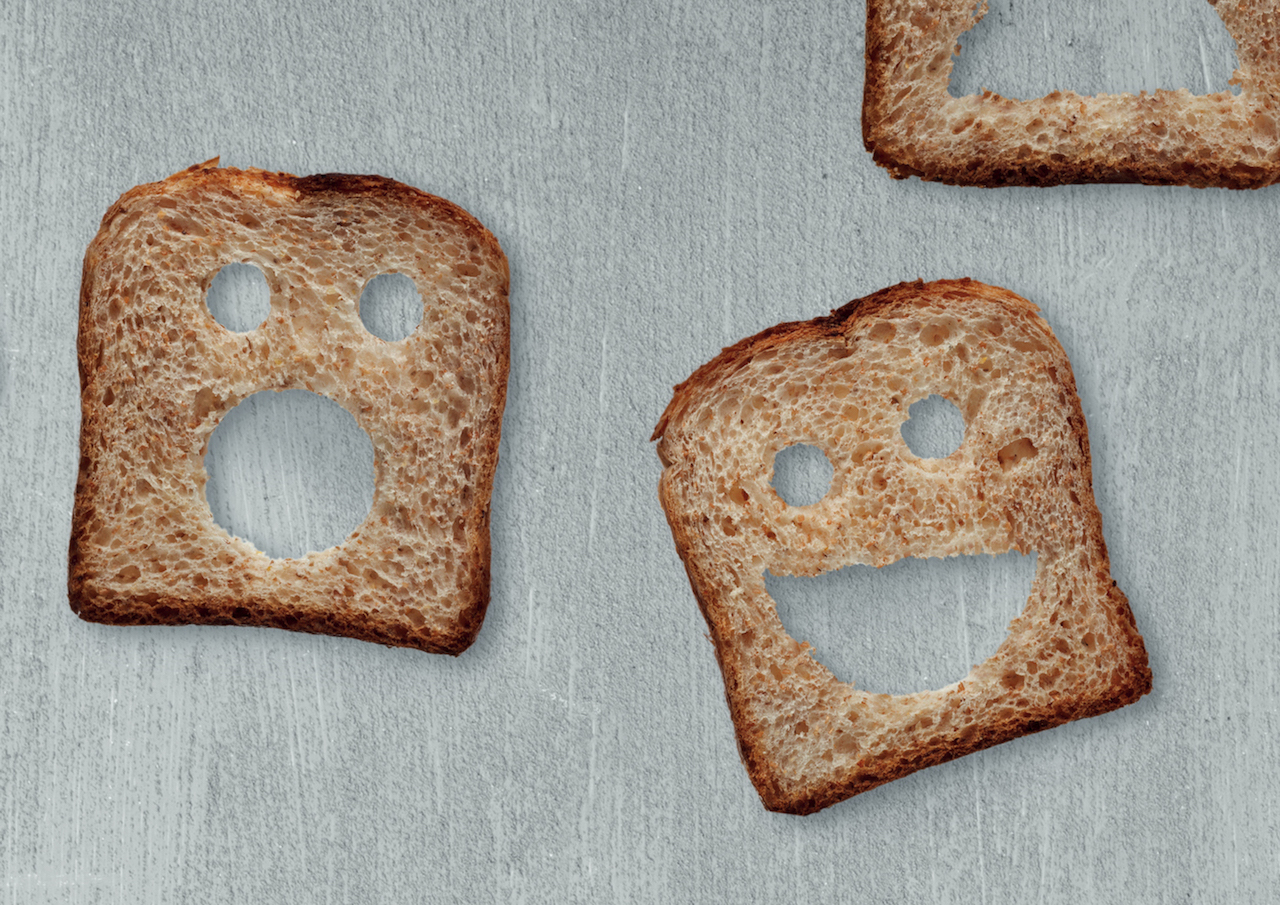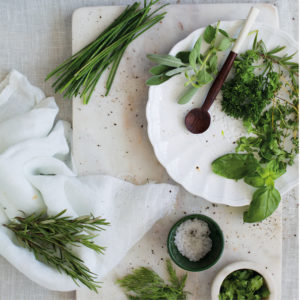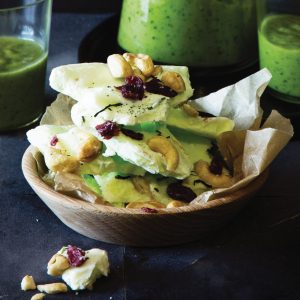Think you’re gluten-intolerant? Do your homework before cutting out food groups. Found in grains such as wheat, barley and rye, gluten is the protein that gives dough its stretchy consistency when you knead it, and helps breads and cakes keep their shape. But while it may do your baking a world of good, some people cannot stomach it. We asked dietitian Nazeeia Sayed to separate the wheat from the chaff.
By Kay Jones
IN THE SPOTLIGHT
If you ask people about gluten, many will tell you it’s not good for you. But the majority don’t actually know what it is or why it’s ‘bad’. This belief that gluten is harmful to health – coupled with a trendy, unfounded fear of carbs – has led to a proliferation of gluten-free products popping up everywhere. But is it really necessary to avoid it?
SENSITIVE TOPIC
Being ‘allergic’ to gluten is very misunderstood – and often not the case. Some people do have a gluten intolerance or sensitivity, which means they have trouble digesting it, causing problems such as bloating, stomach pain or diarrhoea. When they exclude gluten-containing products from their diets, they find that their digestive health improves.
A gluten allergy is much less common and more serious, but it does share many of the same symptoms. If someone is allergic to gluten, it means that their body has an immune response to the substance. Besides the digestive issues, they could experience vomiting, difficulty breathing and rashes.
In rarer cases, some people suffer from coeliac disease, a serious autoimmune disease. Both the allergy sufferers and people with coeliac disease will benefit from excluding gluten from their diets, but only after their conditions have been confirmed by a doctor.
KEEP THE CARBS
Cutting out gluten doesn’t mean you have to eliminate carbs and starches too. Wholegrains and starchy foods are an important source of energy and nutrients. You can still enjoy the health benefits of rice, potatoes, pulses, maize and (some) oats – as well as flour made from these foods.
Of course, because we enjoy our starchy foods and possibly tuck into more than our energy expenditure requires, be mindful of portion size when including these foods in your diet.
READ THE LABEL
Check all product labels – these will confirm if a food is made with any wheat or grains containing gluten. Obviously, foods such as bread made from wheat flour contain gluten, but pay attention to the hidden gluten in products you’d never think of: sauces and spices (where wheat is used as a filler ingredient), meat substitutes and crumbed products.




